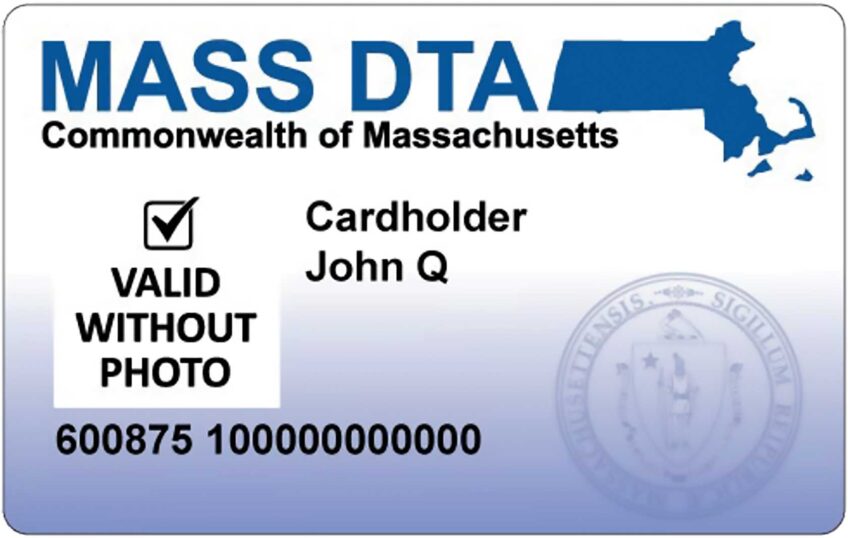|
New $20 million fund to fight Mass. neighborhood blight CHELSEA, Mass. — A new $20 million fund will help developers buy and rehabilitate homes and apartment buildings in Massachusetts neighborhoods hit hard by foreclosures. The program announced this month by Gov. Deval Patrick targets communities with large numbers of vacant properties. Those include neighborhoods in Boston, Brockton, Chelsea, Lawrence, New Bedford, Springfield and Worcester. Private lenders have put up about $17 million for the $20 million fund, with nonprofit foundations supplying the rest. The money will provide loans to developers buying abandoned properties or properties at risk of being left vacant. The loans will be available at interest rates below what the developers could get on the open market. The goal is to quickly get new homeowners or renters in the properties. More assistance coming for Bay State unemployed Unemployed job seekers in Massachusetts will soon be eligible to receive jobless benefits for as long as 39 weeks, up from the state’s current 30-week limit. Gov. Deval Patrick authorized the temporary benefits extension last Wednesday, two days after a bill in Congress became law. The law provides federal funds to temporarily extend unemployment eligibility to 39 weeks — or about nine months — as the nation’s jobless ranks swell. Massachusetts’ benefits extension takes effect this week, and runs through March of next year. The state already offered up to 30 weeks of unemployment benefits, while most of the nation provided only 26 weeks. The state’s unemployment rate remains below the nation’s jobless figure, although the rate in Massachusetts jumped sharply last month to 4.9 percent. Mass. stingier than most in student financial aid Massachusetts is far less generous in offering financial aid to college students than other states. Massachusetts’ budget for financial aid grants is about $83 million for the upcoming academic year. That’s nowhere near other states like Indiana, which set aside $331 million in financial aid, or South Caroline, which offered $273 million despite having 2 million fewer residents than Massachusetts. Kati Haycock, president of The Education Trust, told the Boston Sunday Globe that Massachusetts needs to spend more to encourage lower income students to get a college degree. But others say Massachusetts has traditionally relied on deep-pocketed private colleges to make up the difference by offering their own financial aid. |
Booster seat bill takes effect Massachusetts kids are getting a safety boost from a new state law. As of last Thursday, parents are now required to use car seats or booster seats to protect kids until they are tall enough for adult seat belts. Under the new law, children must be 8 years old or 4 feet, 9 inches tall to use adult belts. Smaller children don’t get the safety benefit — and can be seriously injured — from adult seat belts that run across their abdomens or chest instead of their hips. The new law replaces one that used a weight and age standard for using adult belts. The old law required only that kids up to age 5 and 40 pounds be protected by a car seat or booster seat. The new law carries a $25 fine. State troopers will be able to stop a car if they see a child who isn’t properly protected. Galvin makes income tax ballot petition Question 1 An initiative petition proposing to repeal the state’s income tax will appear on the November ballot as Question 1, Secretary of State William Galvin announced last week. A petition making possession of up to one ounce of marijuana a civil and not criminal offense will be Question 2, while Question 3 will be a petition asking whether to ban dog racing in Massachusetts. Galvin, who oversees state elections, has discretion over the order of questions on the ballot. Spokesman Brian McNiff said the secretary put the income tax question first “based on the perceived relative importance of the proposed laws.” Question 1 would eliminate the state’s 5.3 percent income tax levy, which would cost the state about $12 billion annually in revenues. “There is a legal challenge to the ban on dog racing proposal that is still before the Supreme Judicial Court, so that is No. 3,” McNiff added. “If the challenge succeeds, it would not affect the other numbers.” Ballot questions typically appear at the bottom of a political ballot, after elections for various officeholders. |
Labor board issues complaint against Aramark The National Labor Relations Board has accused concessions giant Aramark of intimidating and firing employees involved in union activities at Boston’s two convention centers. The Boston Herald reported that the labor board made the charges in an unfair labor practice complaint against Aramark Corp. Aramark faces a hearing this October before the board’s administrative judges. The Philadelphia-based company is locked in a contract dispute with Unite Here Local 26. The complaint, issued last week, claims Aramark has been “interfering with, restraining and coercing” its employees at the Hynes Convention Center and the Boston Convention and Exhibition Center. It claims union members have been harassed by Aramark managers, and that two employees on the union’s negotiating committee were fired. An Aramark spokesman said the company is reviewing the complaint. Nation’s largest insurer entering Mass. market The nation’s largest insurance company will soon be doing business in Massachusetts. The decision by American International Group (AIG) is a sign that the state’s newly deregulated auto insurance market is having early success in becoming more competitive. New York-based AIG is the largest of four insurance companies now planning to enter the state market. Insurance Commissioner Nonnie Burnes told The Boston Globe she expects more companies to follow once existing companies have success. For 30 years, Massachusetts auto insurance rates were set by regulators, limiting the variety of policies and discounts. Under the new “managed competition” system, installed in April, the companies set their own rates, which are subject to state oversight. The change aimed to lower costs for drivers by attracting more companies to the state. (Associated Press) |
Close
Current temperature in Boston - 62 °

BECOME A MEMBER
Get access to a personalized news feed, our newsletter and exclusive discounts on everything from shows to local restaurants, All for free.
CLASSIFIEDS
POST AN AD





